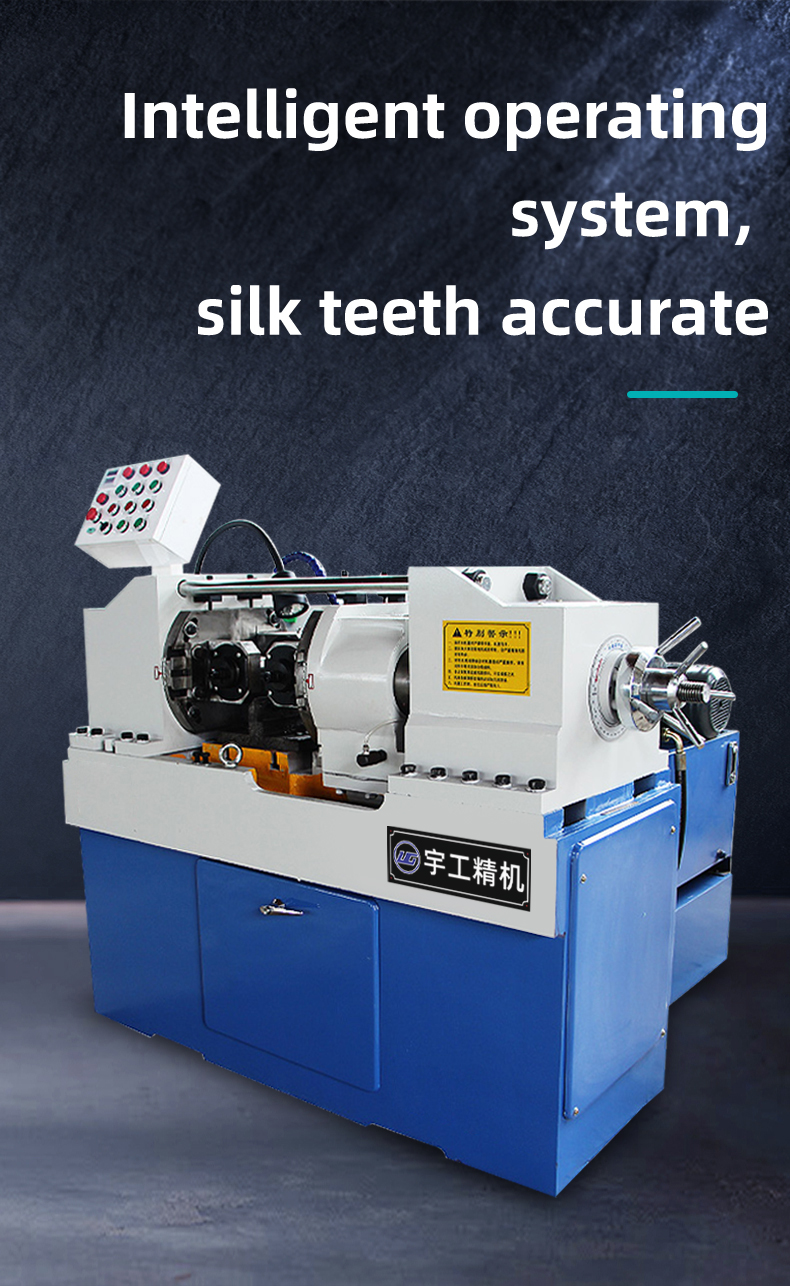
-
 Afrikaans
Afrikaans -
 Albanian
Albanian -
 Amharic
Amharic -
 Arabic
Arabic -
 Armenian
Armenian -
 Azerbaijani
Azerbaijani -
 Basque
Basque -
 Belarusian
Belarusian -
 Bengali
Bengali -
 Bosnian
Bosnian -
 Bulgarian
Bulgarian -
 Catalan
Catalan -
 Cebuano
Cebuano -
 Corsican
Corsican -
 Croatian
Croatian -
 Czech
Czech -
 Danish
Danish -
 Dutch
Dutch -
 English
English -
 Esperanto
Esperanto -
 Estonian
Estonian -
 Finnish
Finnish -
 French
French -
 Frisian
Frisian -
 Galician
Galician -
 Georgian
Georgian -
 German
German -
 Greek
Greek -
 Gujarati
Gujarati -
 Haitian Creole
Haitian Creole -
 hausa
hausa -
 hawaiian
hawaiian -
 Hebrew
Hebrew -
 Hindi
Hindi -
 Miao
Miao -
 Hungarian
Hungarian -
 Icelandic
Icelandic -
 igbo
igbo -
 Indonesian
Indonesian -
 irish
irish -
 Italian
Italian -
 Japanese
Japanese -
 Javanese
Javanese -
 Kannada
Kannada -
 kazakh
kazakh -
 Khmer
Khmer -
 Rwandese
Rwandese -
 Korean
Korean -
 Kurdish
Kurdish -
 Kyrgyz
Kyrgyz -
 Lao
Lao -
 Latin
Latin -
 Latvian
Latvian -
 Lithuanian
Lithuanian -
 Luxembourgish
Luxembourgish -
 Macedonian
Macedonian -
 Malgashi
Malgashi -
 Malay
Malay -
 Malayalam
Malayalam -
 Maltese
Maltese -
 Maori
Maori -
 Marathi
Marathi -
 Mongolian
Mongolian -
 Myanmar
Myanmar -
 Nepali
Nepali -
 Norwegian
Norwegian -
 Norwegian
Norwegian -
 Occitan
Occitan -
 Pashto
Pashto -
 Persian
Persian -
 Polish
Polish -
 Portuguese
Portuguese -
 Punjabi
Punjabi -
 Romanian
Romanian -
 Russian
Russian -
 Samoan
Samoan -
 Scottish Gaelic
Scottish Gaelic -
 Serbian
Serbian -
 Sesotho
Sesotho -
 Shona
Shona -
 Sindhi
Sindhi -
 Sinhala
Sinhala -
 Slovak
Slovak -
 Slovenian
Slovenian -
 Somali
Somali -
 Spanish
Spanish -
 Sundanese
Sundanese -
 Swahili
Swahili -
 Swedish
Swedish -
 Tagalog
Tagalog -
 Tajik
Tajik -
 Tamil
Tamil -
 Tatar
Tatar -
 Telugu
Telugu -
 Thai
Thai -
 Turkish
Turkish -
 Turkmen
Turkmen -
 Ukrainian
Ukrainian -
 Urdu
Urdu -
 Uighur
Uighur -
 Uzbek
Uzbek -
 Vietnamese
Vietnamese -
 Welsh
Welsh -
 Bantu
Bantu -
 Yiddish
Yiddish -
 Yoruba
Yoruba -
 Zulu
Zulu
types of thread rolling product
Types of Thread Rolling Products An Overview
Thread rolling is a popular manufacturing process used to create threaded fasteners and other components with high precision and strength. This method, which utilizes the plastic deformation of materials, is favored for its ability to produce a wide variety of thread profiles efficiently. In this article, we will explore the different types of thread rolling products, their applications, and the advantages they offer in various industries.
1. Standard Bolts and Screws
One of the most common products made through thread rolling is standard bolts and screws. These fasteners are essential in construction, machinery, automotive, and numerous other applications. Thread rolling provides a superior surface finish and enhanced mechanical properties compared to traditional cutting methods. The main types of standard bolts include hex bolts, carriage bolts, and lag screws, each designed for specific fastening requirements and load conditions.
2. Customized Fasteners
In addition to standard products, many manufacturers offer customized fasteners tailored to meet particular specifications and application needs. Customized thread rolling products can include special designs, sizes, or thread profiles that are not commonly available. This versatility enables engineers and designers to optimize their designs for unique applications, ensuring that they can meet industry standards while maintaining high performance.
3. Special Threads
Thread rolling can produce specialized threads that cater to specific industries or applications. For instance, Acme threads and trapezoidal threads are commonly used in mechanical devices that require linear motion, such as lead screws in CNC machines and actuators. These threads allow for efficient movement and load transfer, demonstrating the value of thread rolling in high-precision applications.
4. Knurled Components
.
Thread rolling is also widely used to create knurled components. Knurling involves creating a textured pattern on a cylindrical surface, which enhances grip and prevents slippage. These products are particularly useful in hand-held tools and devices where users require additional grip strength. Common knurled components include knobs and handles, which are often found in various consumer and industrial products.
types of thread rolling product

5. Precision Bushings and Nuts
Precision bushings and nuts are critical components in various mechanical assemblies. Thread rolling provides an economical and effective method for manufacturing these parts, ensuring tight tolerances and a robust final product. These components are commonly used in automotive, aerospace, and machinery applications, where reliability and durability are vital.
6. Rivets and Inserts
Rivets and inserts are other important thread rolled products. Rivets are typically used for permanent fastening applications, while inserts provide threaded holes in materials that may be too soft or brittle for tapping. Both products are essential in assembly and fabrication processes across multiple industries, from aviation to electronics.
Advantages of Thread Rolling
The advantages of thread rolling products include increased strength, improved surface finish, and reduced material waste. Since thread rolling works by deforming the material rather than cutting it, the resulting threads tend to be denser and stronger. Additionally, the smooth surface finish minimizes the risk of corrosion and enhances the overall performance of the fastener.
Moreover, the process is highly efficient, capable of producing large volumes of products quickly and consistently. This efficiency makes thread rolling an attractive option for manufacturers looking to reduce production costs while maintaining high-quality standards.
Conclusion
In summary, thread rolling is a highly versatile manufacturing process that produces a wide variety of threaded products, including standard bolts, customized fasteners, special threads, knurled components, precision bushings, nuts, rivets, and inserts. The benefits of thread rolling, such as increased strength and superior surface finishes, make it an essential technique in various industries. As technology advances, the applications and types of thread rolling products are likely to expand, further enhancing its importance in the manufacturing landscape.
